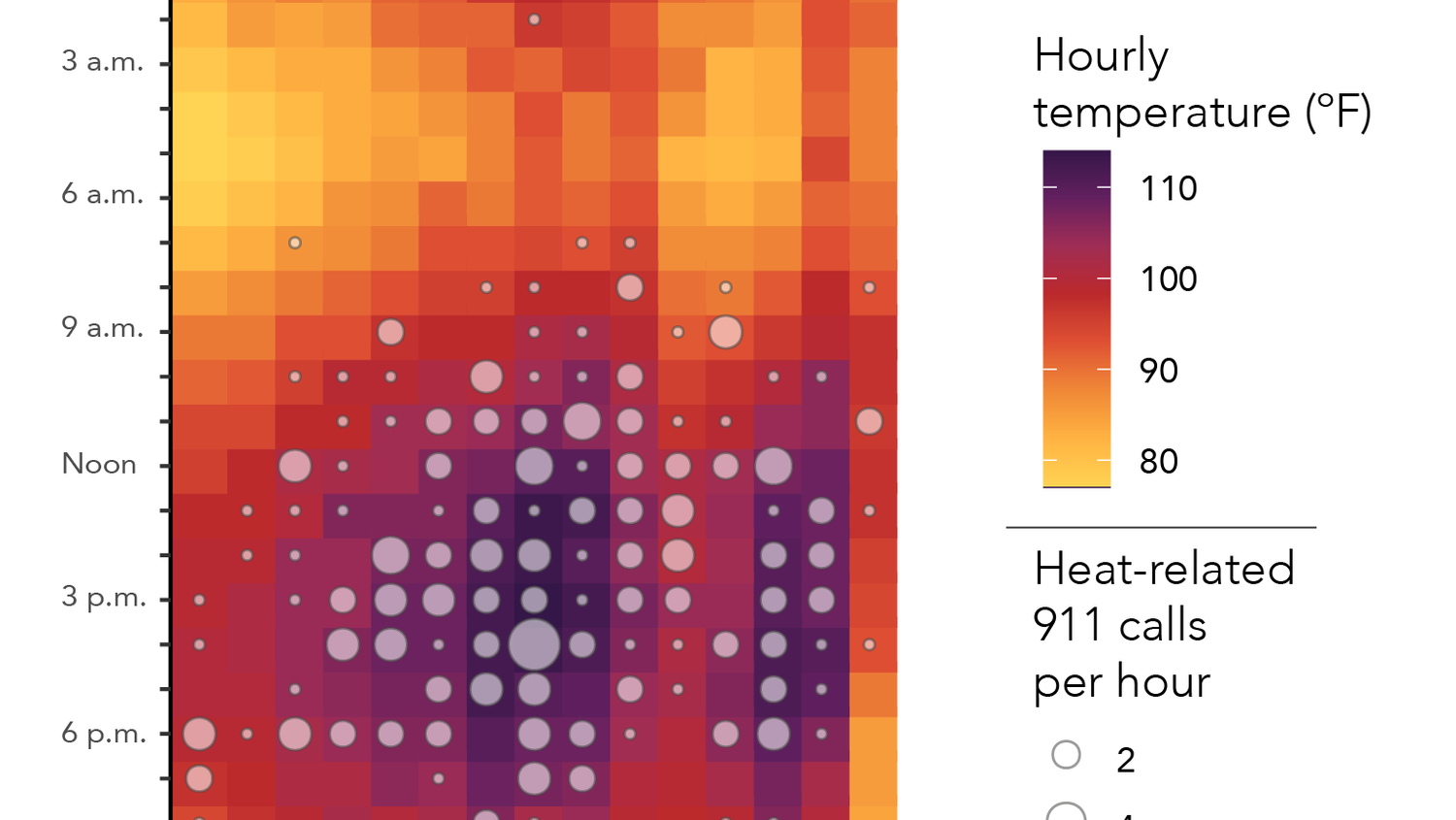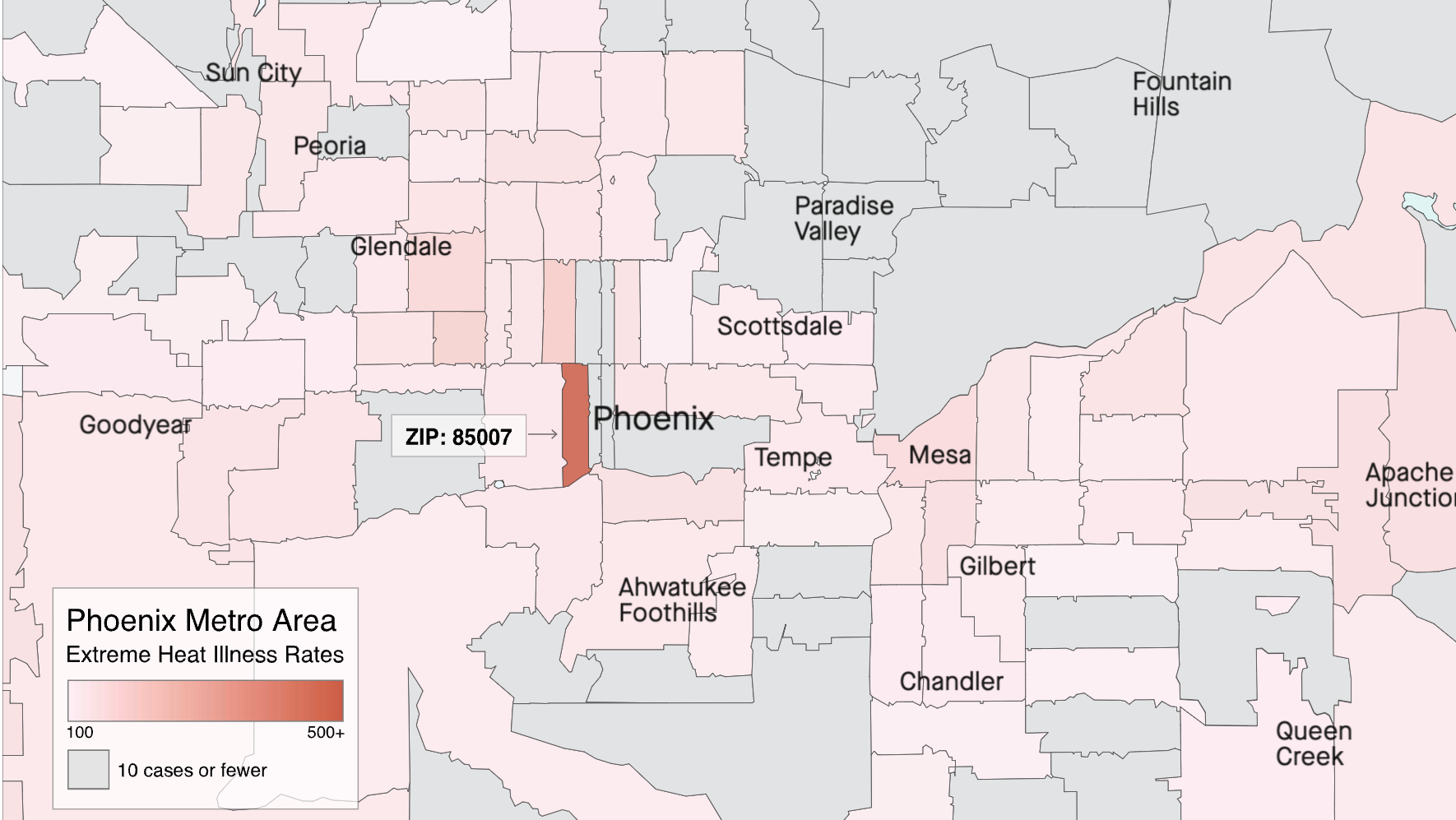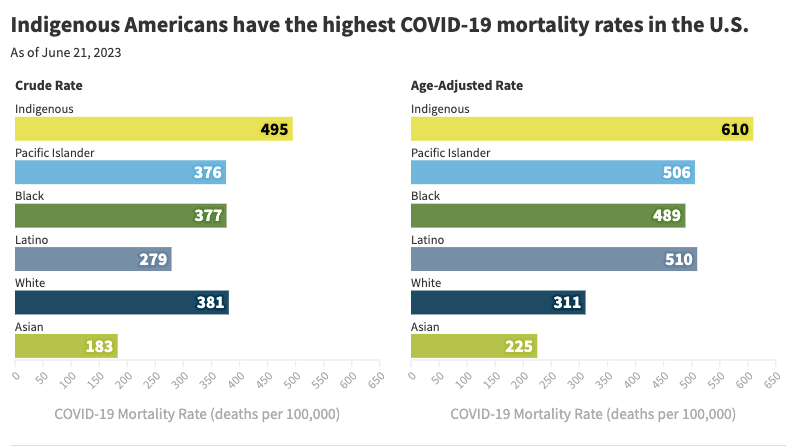"All over California, people with serious mental illness are living in nursing homes that experts say weren’t meant to care for them — an investigation by LAist, APM Research Lab and The California Newsroom reveals. Some call it 'warehousing' and say the practice might violate federal laws. The consequences have been deadly."
In this joint investigation, we found that nearly 22,000 nursing home residents — 1 in 4 of all nursing home residents in the state — had a serious mental illness, defined as schizophrenia, bipolar disorder, or psychotic disorder. In some facilities, more than 8 in 10 residents had a serious mental illness.
That’s despite a U.S. Supreme Court decision that was meant to prevent people with serious mental illness from winding up in nursing homes that are not equipped to care for them. These findings not only surprised us as reporters, but also the lawyers and other experts we spoke with who are steeped in nursing home and mental health policy. Toby Ewing, executive director of the state’s Mental Health Services Oversight and Accountability Commission, said of the data findings: "You've done more work on this probably than the state of California has done.”
The consequences — documented in state records — have been horrific. Without proper supervision, residents with serious mental illness have slipped out of nursing homes and gone missing for weeks, and been released with little regard for their needs. In some cases, residents died after being released.
For this story, I did the data work and researched the regulations and legal implications, while my reporting partner Elly Yu also did research, interviewed workers, experts, government officials and advocates, and did most of the writing.
Elly wrote a key findings story if you want the short version. There's also a methodology story that details how we got our numbers, and there's further documentation via the published code here.




